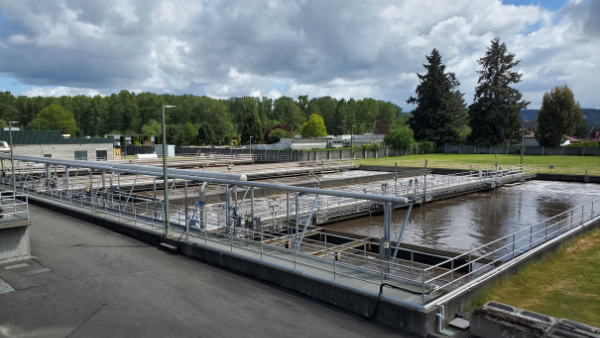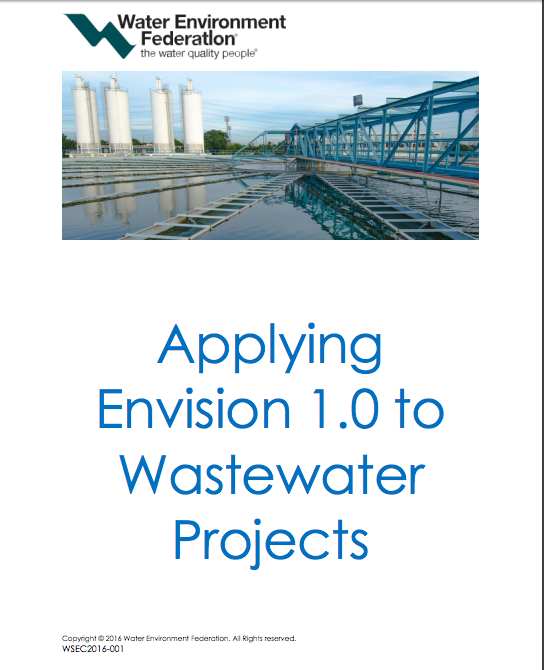Sustainability and Biosolids Committee Webinar: Advanced Thermal Treatment for PFAS
* Eligible for 0.2 CEUs
The Sustainability and Biosolids Committee invites you to a webinar on June 28 from 10:00 AM to 12:00 PM (PDT) on Advanced Thermal Treatment for PFAS. The presence of PFAS in biosolids has resulted in significant challenges for the municipal wastewater industry, especially for those utilities who land apply biosolids for beneficial use. Current and pending regulations will require WRRFs to rethink their biosolids management programs. With these challenges comes opportunities making it an exciting time for solids treatment in our industry.


 The
The